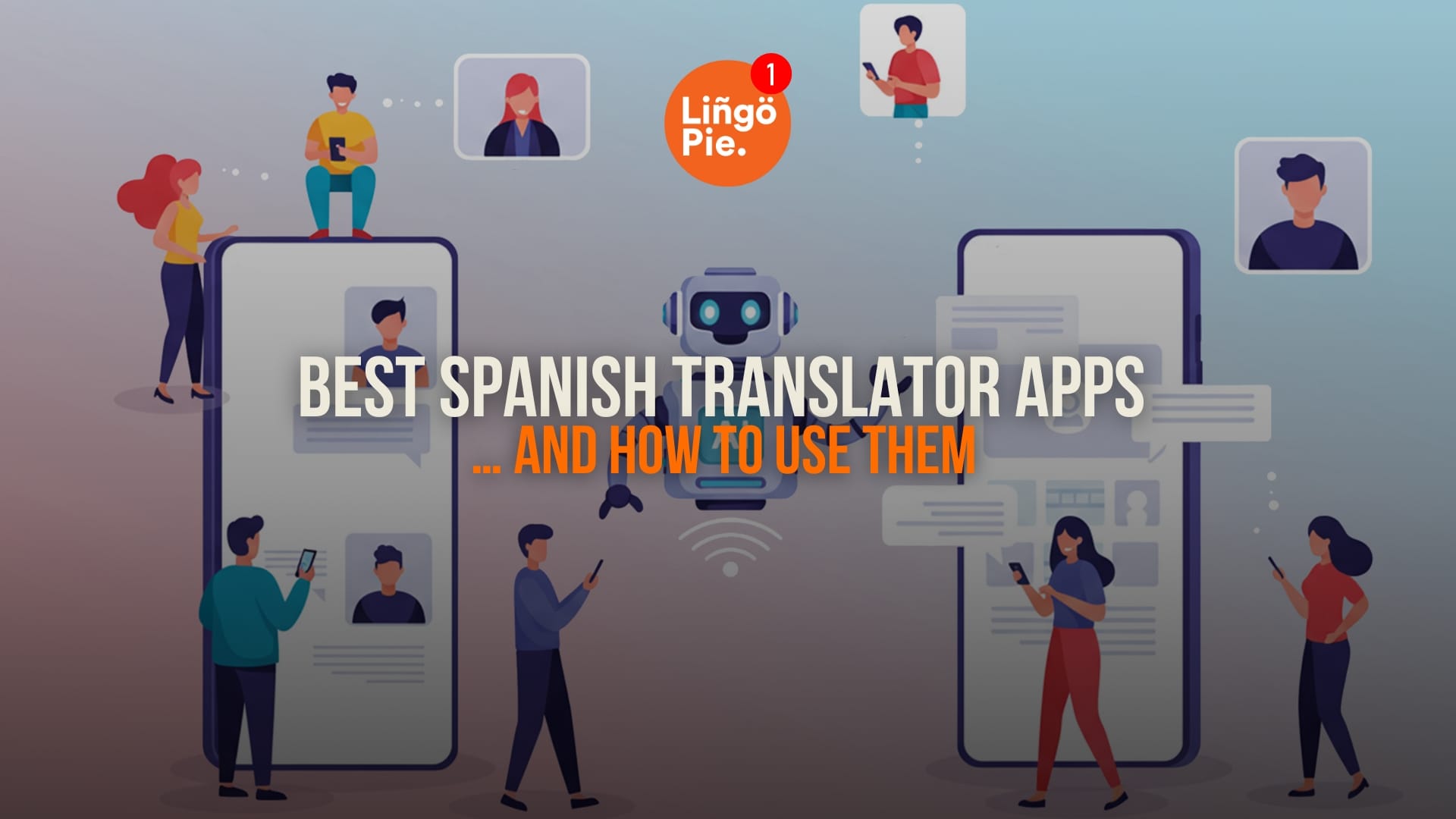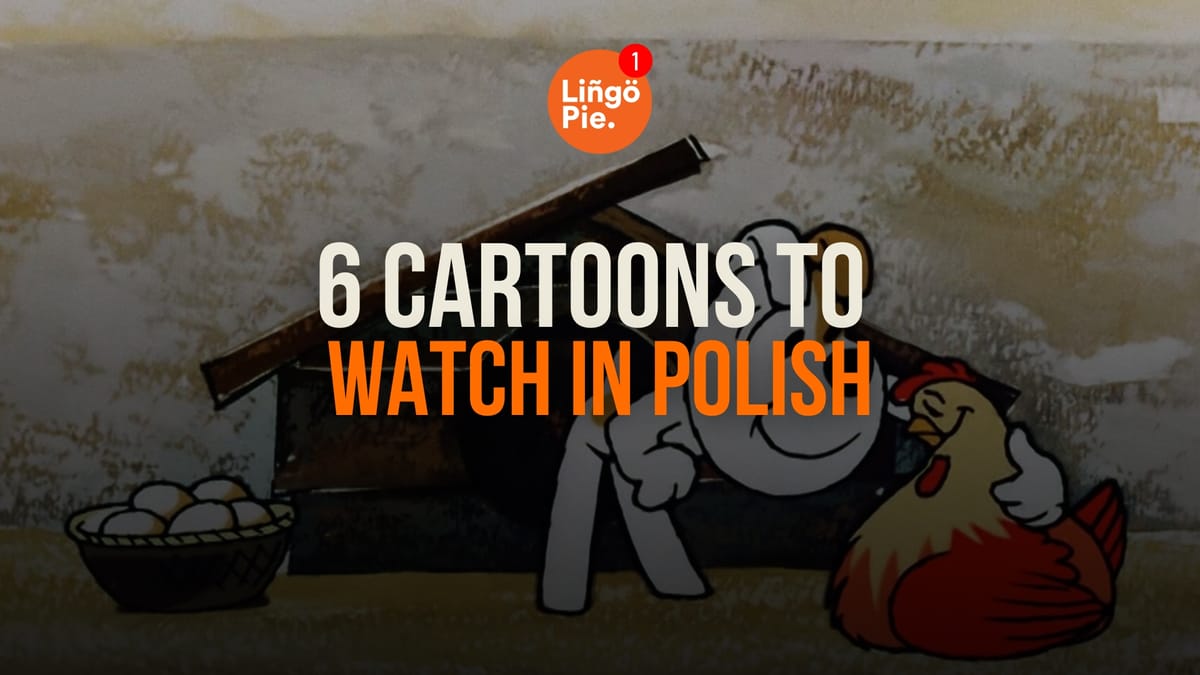Every year on November 11, people across China celebrate Singles’ Day (光棍节, guānggùn jié). What began as a fun holiday for single people has grown into one of the biggest shopping events in the world. It’s a mix of self-love, celebration, and serious shopping, but it’s also a great way to learn about modern Chinese culture. If you’re studying Chinese or just curious about life in China, Singles’ Day is a perfect moment to explore both the language and the culture.
In this post, you’ll learn what Singles’ Day is all about, where it came from, and how people celebrate it today. We’ll also talk about why it became such a huge event and how you can use it to discover more authentic Chinese language and culture in a fun, easy way.
- How To Write The Date In Chinese [Guide]
- 5 Chinese Accents That'll Change How You Hear Mandarin
- 10 Chinese Pickup Lines You Need To Learn Today

What Is China’s Singles’ Day?
Chinese Singles’ Day (光棍节, guānggùn jié), also known as “Double 11” (双11, shuāng shíyī), is an unofficial holiday in China celebrated every year on November 11. The date 11/11 was chosen because the four number ones look like four single people standing together. In Chinese, the word “光棍” (guānggùn) literally means “bare stick,” a slang term for someone who is unmarried.
The holiday first appeared in the 1990s among university students at Nanjing University. It started as a lighthearted “anti-Valentine’s Day” for singles to celebrate themselves and have fun with friends. Students would hold parties, share meals, or give small gifts to one another. Although it was originally focused on single men, it quickly spread to include everyone.
When Is Singles’ Day?
Singles’ Day takes place every year on November 11. The date has stayed the same since the holiday began in the 1990s and has become a fixed part of China’s modern calendar. Each year, the day brings a wave of celebrations, shopping events, and social activities across the country. Many people now mark the day both online and offline, making November 11 one of the most anticipated dates of the year in China.
How Is The Chinese Singles’ Day Celebrated?
Shopping and Big Sales
The most famous part of Singles’ Day is the shopping. What started as a fun day for singles has turned into the world’s largest online shopping event. Major e-commerce platforms such as Alibaba’s Tmall and JD.com offer massive discounts and promotions.
Many people wait for weeks to buy electronics, clothes, and household items during these sales. It has become a day when shoppers treat themselves and brands compete to attract attention.
Social Events and Gatherings
Beyond the sales, Singles’ Day is also about connection. People often meet up with friends, go out to dinner, or organize parties. Some attend singles’ mixers or matchmaking events. For many, it’s a lighthearted excuse to spend time with others, celebrate independence, or even meet someone new.
Gifts and Self-Care
A big part of Singles’ Day is about self-love. Many people buy gifts for themselves as a way to reward their hard work or boost their mood. Others take the day to relax, enjoy good food, or do something they love. The idea is to focus on yourself in a positive way, whether or not you’re single.
Weddings and Lucky Dates
Interestingly, some couples choose to get married on November 11. The date 11/11 is seen as lucky and easy to remember. In recent years, local marriage offices have seen record numbers of couples registering on that day. It has become a meaningful date for both singles and couples alike.
Chinese Vocabulary For Singles’ Day
If you’re learning Chinese, Singles’ Day is a fun chance to pick up some real vocabulary that people actually use around this time. These words and phrases often show up in ads, social media posts, and everyday conversations.
| Chinese | Pinyin | English Meaning |
|---|---|---|
| 光棍节 | guānggùn jié | Singles’ Day |
| 双十一 | shuāng shíyī | Double 11 (another name for Singles’ Day) |
| 光棍 | guānggùn | Single person or bachelor |
| 单身 | dānshēn | Single or unmarried |
| 自我犒劳 | zìwǒ kàoláo | To treat or reward yourself |
| 折扣 | zhékòu | Discount |
| 购物节 | gòuwù jié | Shopping festival |
| 狂欢 | kuánghuān | Celebration or carnival |
| 下单 | xiàdān | To place an order (online or in-store) |
| 打折 | dǎzhé | To go on sale or offer a discount |
You can make these words stick by hearing them used in real conversations. Try watching Chinese shows, dramas, or short clips on Lingopie, where you can see and hear how native speakers use these phrases naturally. It’s one of the best ways to pick up pronunciation, tone, and everyday expressions without feeling like you’re studying.
Popular Chinese Shows to Watch on Lingopie
If you want to experience the spirit of Singles’ Day while improving your Chinese, try watching shows that capture modern stories, emotions, and humor. Singles’ Day is all about connection and individuality, and these Chinese shows on Lingopie are great for exploring those themes while hearing how people really speak. You’ll pick up useful phrases, natural pronunciation, and a better sense of Chinese culture just by watching.
Here are a few great picks to get you started:
- The Ferryman: Manjusaka
- Little Hero Nezha
- Scumbag System
- Hot Blood
- Butterfly knife
Learn Chinese With Lingopie
Singles’ Day isn’t only about shopping or being single. It’s about celebrating who you are and enjoying the little things that make life fun. It’s also a great chance to explore Chinese culture and see how people express themselves in everyday life.
If you’re learning Chinese, Lingopie makes that part easy and enjoyable. You can watch Chinese dramas, shows, and clips with interactive subtitles that help you learn words and phrases as you hear them. It’s a simple way to connect what you’re studying to what people actually say.
So this Singles’ Day, treat yourself to something different. Open Lingopie, pick a show that catches your eye, and start learning Chinese the way it’s really spoken.


![11/11 Singles’ Day in China: What Is It And How Is It Celebrated [Guide]](/blog/content/images/size/w1200/2025/11/Singles-day-in-china.jpg)






